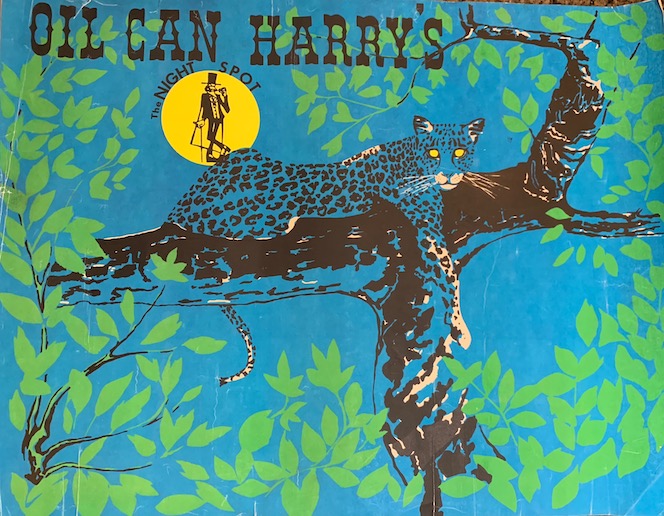
Last fall, local imprint Arsenal Pulp Press published Vancouver After Dark. The fifth book by Vancouver historian Aaron Chapman, VAD explores the bygone days of local nightclubs, bars, and drunken reckonings. Through interviews with participants and a trove of never-before-seen images, Chapman evokes exactly the sort of thing we used to take for granted—going out for a drink with friends, new or old.
Considering none of us is going anywhere for awhile, we thought this would be a good time to talk to Chapman—whose myriad other hats include musician and live-music facilitator—about writing the B.C. bestseller, what he discovered along the way, and why every generation thinks no one ever had it so good.
Q: We were just talking about an almost-threatening call you received while you were writing your book The Last Gang in Town (2017, about an infamous East Vancouver street gang and its run-in with the VPD). Any threatening calls about this one?
A: No, the only calls I got were from people saying, “You should’ve talked to me” or “my uncle has a box of stuff you should see.” A of people have said, “Oh you should do something on this.” With Vancouver After Dark, it’s by no means an encyclopedia of every place. I didn’t want to just write about any watering hole. I wanted to focus on places that were really pivotal, that benchmarked certain times in the city or were unique for their own reasons, or something fascinating happened. There are a couple of places I regret not including. But by and large, people have been enjoying the sentiment behind it.
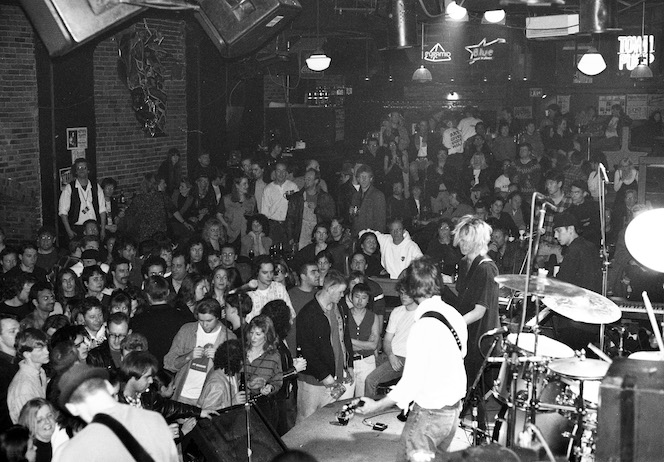
One crazy night at the Town Pump with the Art Bergmann band. Kevin Statham photo.
Q: How many interviews did you do, and how did you find your subjects?
A: A little bit of detective work. What I learned from The Last Gang in Town helped. You get a little more skilled tracking people down and finding information. Sometimes sadly so; I just found out someone I went to school with died of a car accident nearly 20 years ago.
With the nightclub people, some are still very active. Some of the Richard’s on Richards (a now-defunct downtown nightclub/live music venue) people are still involved in the nightclub hospitality industry, and often they would have a phone number for somebody else I wanted to talk to. Danny Filippone (owner of the still-standing downtown strip club The Penthouse, subject of another book by Chapman: Liquor, Lust, and the Law) knows a lot of people, even if they’ve gotten out of the industry. In other cases, Facebook is an eternal time-waster but it can be helpful in tracking people down. God knows if I can do it I wonder what the CIA or something like that is doing with it. Sometimes I would find the children of some of these nightclub operators, and they had kept a box of dad’s or granddad’s stuff they’d let me have a look at.
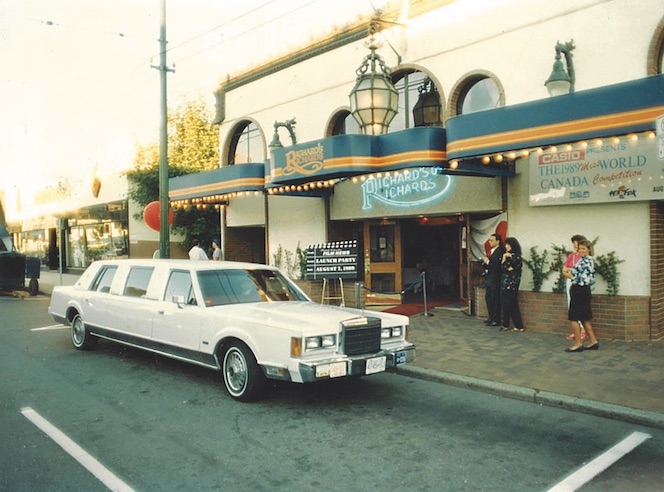
Richard’s on Richards. Courtesy Howard Blank.
The best things are the surprises. The Marco Polo, which was down in Chinatown, there was a photo album with newspaper articles that had been curated, and tossed in a trash heap. Some local ephemera collector grabbed it and passed it on to a friend of mine who held onto it. And these are photos that have never been published before, and pictures taken inside the nightclub, which is rare. In some cases, unless it was an opening night or media event, that you can find photos of some of these places.
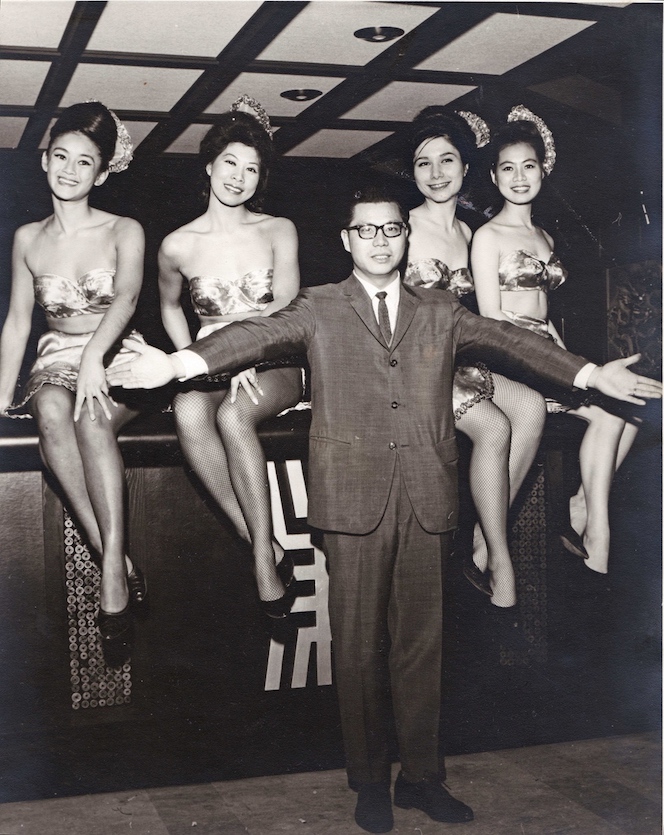
A scene from inside The Marco Polo, from when taking photos inside nightclubs just wasn’t done. Photo courtesy the Tom Carter archives.
Q: Will kids today remember Vancouver nightlife with the same fondness that some of the people you talked to remembered the old days.
A: One hundred percent. And this is the reason why: the funny thing about the golden days is, it happens in every generation. Every generation says that everybody before them never had it so good, and everybody after that missed out on it. That goes back to the 1920s and before, I’m sure people always talked about the good old days. I can guarantee you some kid—maybe not last night—will go out at 21 and when he’s 41 or 42 he’s going to talk about how great such-and-such a place was. That happened time and time again with people I talked to who went to the Cave or Oil Can Harry‘s—such great names—and would say that was THE great time, and it was when they just got out of high school and before they got married.
What I think is kind of unique and special to Vancouver is that we saw a lot of shows. A lot of night club acts would come up here and wouldn’t necessarily go East, they’d just go back down the coast. So Vancouver was blessed with these shows and the fact you could see people who were only seen on television by so many. So that was something that hadn’t really been showcased.
And that’s one thing that’s a loss is that when these places do go the DNA of the city changes. While it’s interesting that so many of these entertainers of all genres came to town over these years, it’s where we as Vancouverites went that interested me. When they disappear I think we lose something. And sometimes the venues don’t get the respect they deserve.
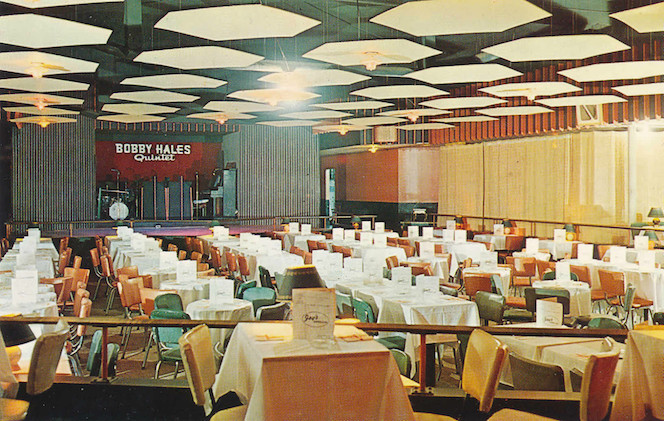
Isy’s Supper Club.
Q: Knowing what you know about the economics of nightclubs, or learned, what do you think might be the fallout of the pandemic?
A: It’s going to be very very tough. The music and touring industry that goes through nightclubs don’t immediately turn back on. I think it’ll take a long time for the industry to not be so gunshy to send people out again. That’s understandable.
At the local band level, it’s going to be hard too. A lot of these venues, whether it’s something like the Rio that’s a combined theatre/live music place that’s owned by a small group, they’re not as easily able to withstand these winds of fate like maybe some place like the Commodore, that’s rented by a corporation. And places like the Vogue that are in the middle. The immediate thing is the pain of layoffs. That has a triple knock-on effect.
When I was working on the book I thought about that. The industry has its peaks and valleys. But the only thing that can really stop the live music business and clubs is the kind of pandemic that happened in 1918, 1919. I didn’t think much of it because who thought we’d be living anything close to that, almost overnight? I saw a full concert calendar get wiped out in about 96 hours.
Q: What are you doing to keep yourself occupied and distracted?
A: I’m catching up on some reading. I’ve got a stack of books about as high as myself. And I’m sketching out a new book idea. Having a whole schedule cleared and not having anything else going on, I’m thinking maybe now’s the time to start writing another book. I didn’t expect to start working on it so soon. I’ve started doing interviews for it.
Q: Do you want to say anything about it or keep mum?
A: I’ll keep mum, only because I’m not sure yet if there’s enough there. But I will say it’s more along the lines of a crime story.
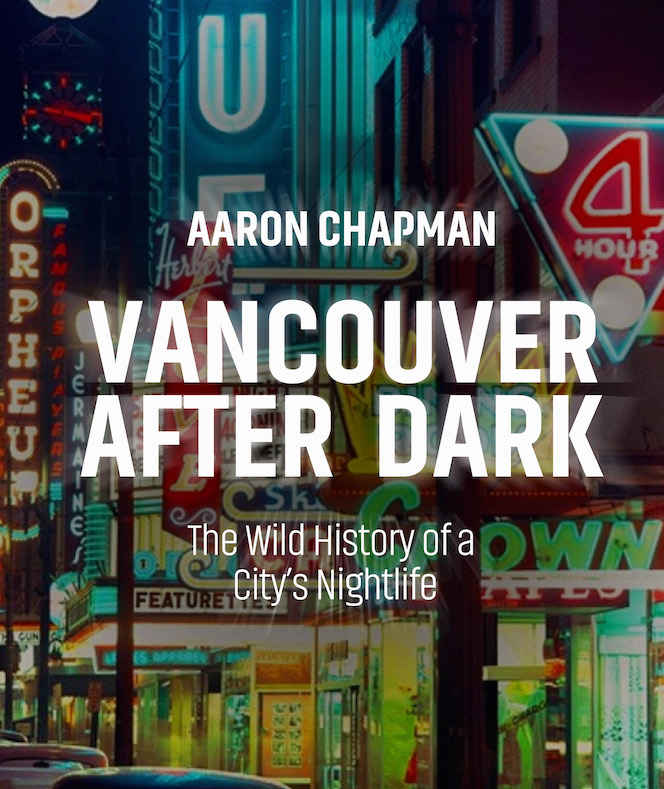
Order Vancouver After Dark: The Wild History of a City’s Nightlife through ArsenalPulp.com, indigo.ca and amazon.ca.










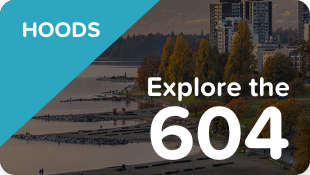






One Response to Experience ‘Vancouver after dark’—vicariously